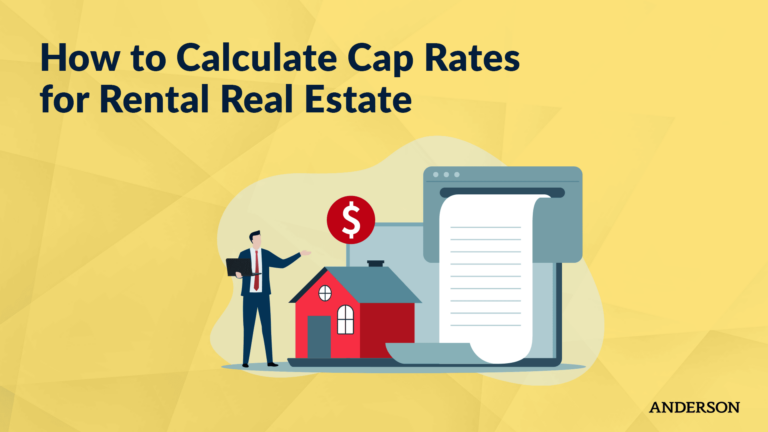In this episode of Coffee with Carl, attorney Carl Zoellner discusses important tax tips for short-term rentals and vacation rentals like Airbnb.
Updated September 24, 2021
Many investors feel the allure of short-term rentals or vacation rentals, like Airbnb. After all, you can rent your buy-and-hold real estate for much more per day than you could per month. Who wouldn’t want to increase ROI in this way? While appealing, is it possible to multiply your ROI without multiplying your taxes? Savvy real estate investors must be well prepared before beginning a short-term rental or vacation rental strategy. This income is classified as active, not passive. With short-term rentals, the income is basically treated as if the rental is a hotel. Active income also means more taxes. There is an added 15.3% self-employment tax you must pay for active income on top of your normal tax rate. To avoid this massive additional tax, there are always ways to structure your short-term rental to offset tax liabilities — including using a master lease structure or the 280A deduction.
Watch now as Carl covers the taxation basics of short-term rentals and vacation rentals, like Airbnb. He talks about the differences between active and passive income, the formula for determining if your rental is short-term, and potential strategies to offset active income from short-term rentals.
Ultimately, success in short-term rentals depends on doing the research and creating a tax-efficient game plan. Having a team of attorneys and accountants on your side can help ensure your vacation rental or short-term rental strategy doesn’t result in a surprise tax bill down the road.
Resources mentioned in this video:
- Anderson Advisors on YouTube
- Anderson Advisors on Facebook
- Tax Tuesday with Toby Mathis – Free Biweekly Webinar
If you have any questions, comments, or feedback about this episode, let us know at cwc@andersonadvisors.com.
BONUS VIDEO
3 Steps to Create an Invisible Investor Strategy
 The greatest mistake that people make when it comes to asset protection for real estate is not understanding the risks that are waiting out there for them. This eBook reveals the structure you should follow to ensure your hard earned money is protected from frivolous lawsuits and costly tax mistakes.
The greatest mistake that people make when it comes to asset protection for real estate is not understanding the risks that are waiting out there for them. This eBook reveals the structure you should follow to ensure your hard earned money is protected from frivolous lawsuits and costly tax mistakes.








